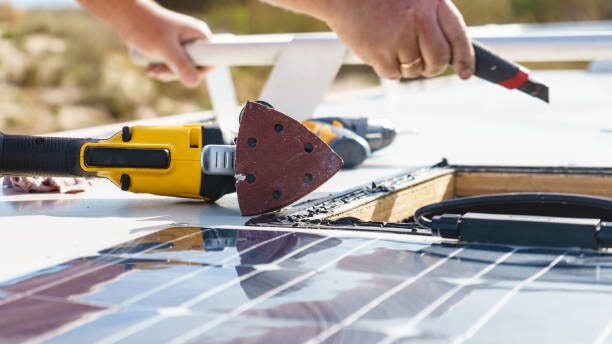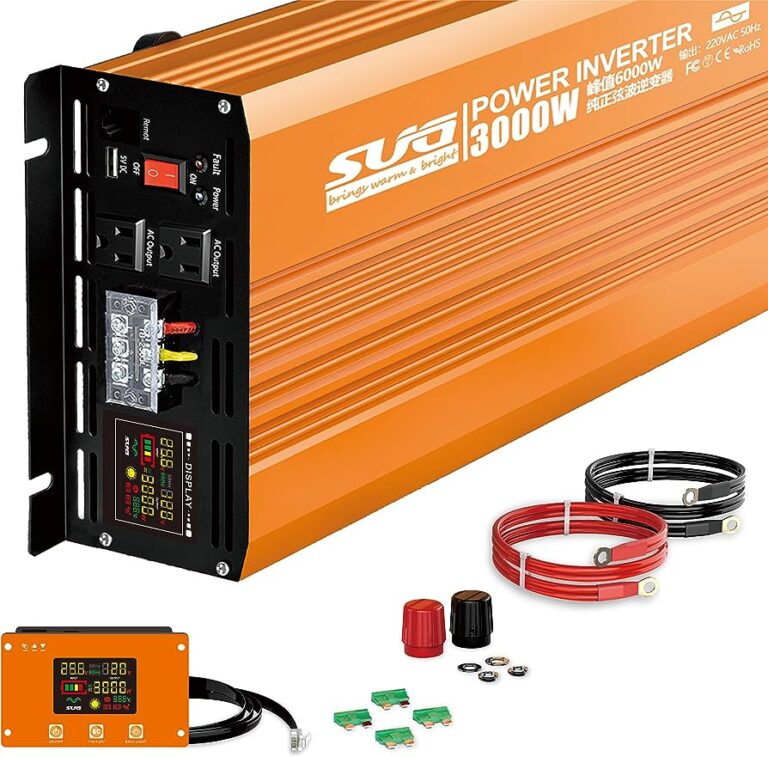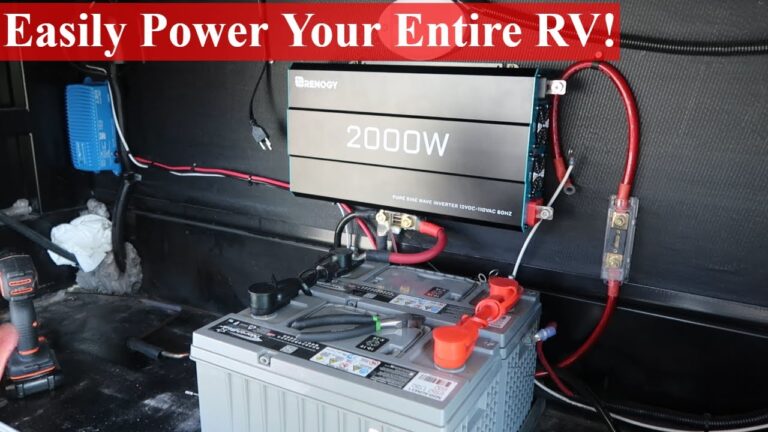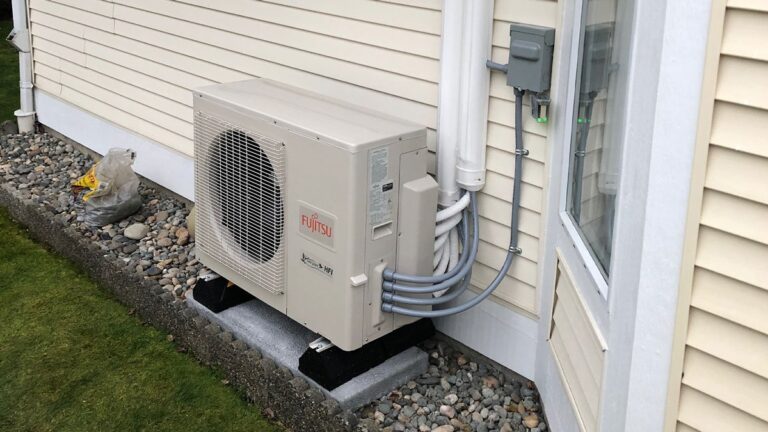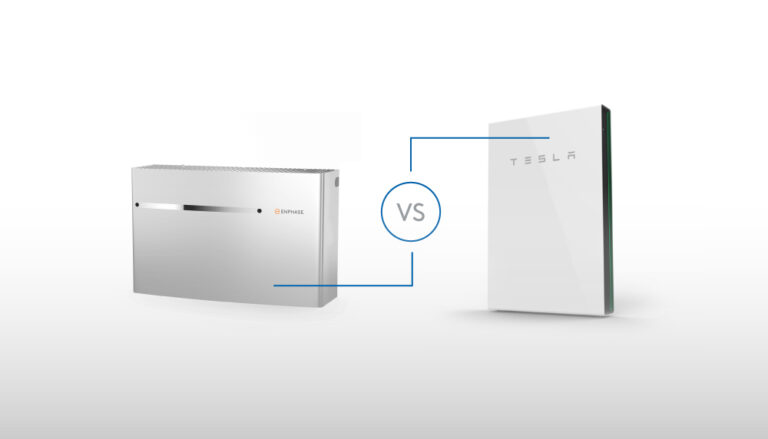What is a Solar Panel Inverter: A Complete Guide
A solar panel inverter is a device that converts the direct current (DC) generated by solar panels into alternating current (AC) that can be used to power household appliances. Inverters are essential for connecting solar panels to the electrical grid and ensuring efficient energy production.
They also act as a safety net for the system, protecting it from power surges and fluctuations. Without an inverter, solar panels would not be able to supply usable electricity to homes or businesses.
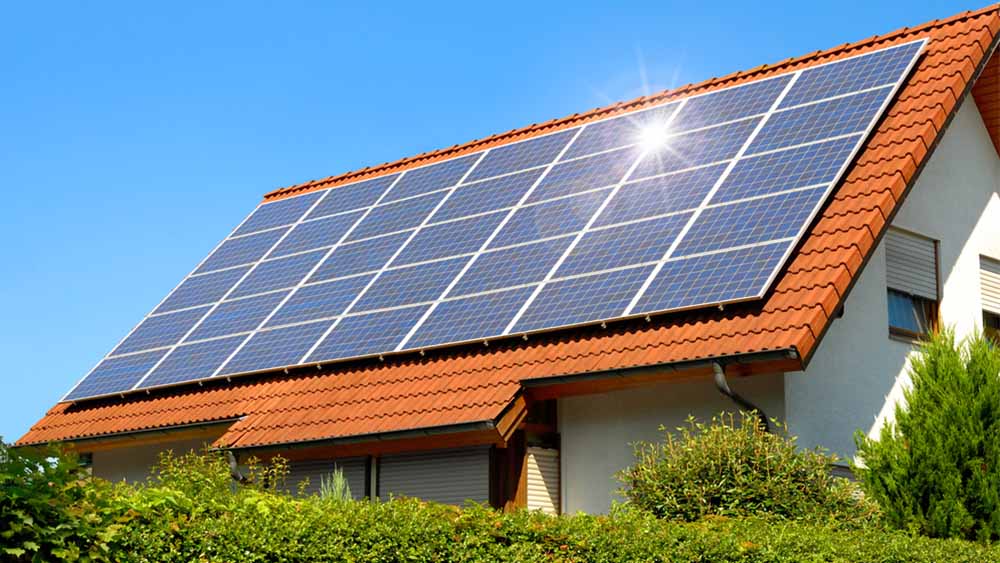
Credit: cielowigle.com
Understanding Solar Panel Inverters
Solar panel inverters are essential components of a solar panel system. They convert the DC electricity generated by the panels into AC electricity, making it usable for your home. Inverters also ensure the safety and proper functioning of the system, making them a necessary part of any solar installation.
Definition Of A Solar Panel Inverter:
- A solar panel inverter is an essential component of a solar power system that helps convert the direct current (DC) electricity generated by solar panels into alternating current (AC) electricity, which is used in residential and commercial buildings.
- It is a device that plays a crucial role in the effective utilization of solar energy by converting it into a form that can power electrical appliances and feed excess electricity back into the grid.
Functionality Of A Solar Panel Inverter:
- Solar panel inverters perform the following functions in a solar power system:
- Conversion: They convert the DC electricity produced by solar panels into AC electricity, which is the standard form used in most electrical devices.
- Power optimization: They optimize the power output from solar panels, ensuring maximum efficiency in converting sunlight into usable electricity.
- Voltage regulation: They regulate the voltage to ensure the AC electricity produced by solar panels matches the requirements of the electrical appliances and the electrical grid.
- Grid interaction: They facilitate the interaction between the solar power system and the electrical grid, allowing for the export of excess electricity or drawing power from the grid when needed.
Importance Of A Solar Panel Inverter In A Solar Power System:
- A solar panel inverter holds significant importance in a solar power system due to the following reasons:
- Conversion efficiency: By converting DC electricity to AC electricity, solar panel inverters maximize the efficiency of the solar power system, ensuring the optimal utilization of solar energy.
- Grid connectivity: Inverters enable the solar power system to connect with the electrical grid, enabling the supply of surplus electricity back to the grid, leading to potential cost savings and environmental benefits.
- Power reliability: Solar panel inverters help ensure a reliable power supply by regulating voltage and maintaining a consistent flow of electricity, reducing the risk of power fluctuations and interruptions.
- System monitoring: Many modern solar panel inverters come with advanced monitoring features that allow homeowners or system operators to keep track of the system’s performance and identify any potential issues quickly.
Remember, using a conversational tone and avoiding repetitive terms enhances the reader’s experience.
Types Of Solar Panel Inverters
A solar panel inverter is an essential component of a solar panel system. It converts the DC electricity produced by the solar panels into usable AC electricity for your home appliances. Without an inverter, the solar panels would not be able to power your household devices effectively.
String Inverters:
- String inverters are the most common type of solar panel inverters used in residential and commercial installations.
- They are called “string” inverters because they are designed to handle multiple solar panels connected in series, forming a string.
- String inverters convert the direct current (DC) electricity generated by the solar panels into alternating current (AC) electricity, which can be used to power electrical devices in homes or businesses.
Pros of using string inverters:
- Cost-effective: String inverters are generally more affordable compared to other types of inverters.
- High efficiency: They have relatively high conversion efficiency, ensuring maximum power output from the solar panels.
- Easy maintenance: Since all the panels in a string are connected to a single inverter, maintenance is simplified.
Cons of using string inverters:
- Panel-level shading: If one panel in a string is shaded or performing poorly, it affects the overall performance of the entire string.
- Single point of failure: If the string inverter fails, the entire system is affected, and all the panels in the string stop generating power.
Microinverters:
- Microinverters are installed on each individual solar panel and are responsible for converting the DC electricity produced by each panel into AC electricity.
- Unlike string inverters, microinverters operate independently, which means the performance of each panel is not dependent on others.
- This type of inverter is suitable for installations with shading issues or varying orientations.
Pros of using microinverters:
- Maximum power output: Each panel operates independently, allowing for optimal energy generation, even if one panel is shaded or performing poorly.
- Enhanced monitoring: Microinverters enable real-time monitoring of the performance of each solar panel, making it easier to detect any issues.
- Scalability: Microinverters allow for easy system expansion, as additional panels can be added without affecting the performance of existing panels.
Cons of using microinverters:
- Higher cost: Microinverters are generally more expensive compared to string inverters.
- More complex installation: Since each panel requires its own microinverter, the installation process can be more time-consuming and intricate.
Power Optimizers:
- Power optimizers are similar to microinverters as they are also installed on each individual solar panel.
- They optimize the DC electricity generated by each panel and then send it to a central inverter for conversion into AC electricity.
Pros of using power optimizers:
- Panel-level optimization: Power optimizers ensure that each panel operates at its maximum power point, regardless of shading or panel performance issues.
- Improved safety: Power optimizers provide voltage control, reducing the risk of accidents and electrical hazards.
- Enhanced monitoring: Similar to microinverters, power optimizers allow for detailed monitoring of individual panel performance.
Cons of using power optimizers:
- Higher cost: The cost of power optimizers can be higher compared to string inverters.
- Additional components: The installation of power optimizers requires additional wiring and components, which can add complexity to the system.
Each type of solar panel inverter has its own advantages and disadvantages. It’s important to consider factors such as shading, system size, and budget when choosing the most suitable inverter for your solar installation.
Choosing The Right Solar Panel Inverter
A solar panel inverter converts the direct current (DC) generated by solar panels into alternating current (AC) that is usable in homes. Inverters are essential for solar panel systems to function properly and also provide an additional layer of safety.
When it comes to choosing the right solar panel inverter, there are several factors to consider. Here are some key points to keep in mind:
- Efficiency ratings: The efficiency of a solar panel inverter is an important factor to consider. Look for inverters with high efficiency ratings, as this will ensure that the maximum amount of solar energy is converted into usable electricity.
- Power output: The power output of the inverter is another crucial consideration. It should be able to handle the peak power generated by your solar panels. Make sure to select an inverter with a power rating that matches or exceeds the maximum power output of your solar system.
- Warranty and reliability: A reliable solar panel inverter is essential for the smooth operation of your solar power system. Look for inverters that come with a solid warranty and have a reputation for long-term reliability. This will give you peace of mind knowing that your inverter is built to last.
- Compatibility with the solar power system: Ensure that the inverter you choose is compatible with your specific solar power system. Consider factors such as the number of solar panels, voltages, and wiring configurations. It’s also essential to check if the inverter provides the necessary features for monitoring and controlling your solar system.
Popular Solar Panel Inverter Brands
Now that you know what factors to consider, here are some popular solar panel inverter brands to consider:
- Fronius International: Fronius is a well-established brand known for its high-quality inverters with advanced features like smart grid capabilities and online monitoring options.
- SunGrow: SunGrow offers a range of inverters that are known for their reliability and efficiency. They provide both string inverters and hybrid inverters for different solar power system requirements.
- Huawei: Huawei is a global leader in technology solutions, and their solar inverters are known for their high efficiency and advanced features. They offer inverters for both residential and commercial solar applications.
- Goodwe: Goodwe is a reputable brand that specializes in the design and manufacturing of solar inverters. They offer a wide range of inverters suitable for various solar power system sizes and applications.
- SMA: SMA is a well-known brand in the solar industry, offering a comprehensive range of inverters for residential, commercial, and utility-scale solar projects. Their inverters are known for their durability and high performance.
- Solax: Solax is a reliable brand that offers a diverse range of solar inverters suitable for various applications. They are known for their user-friendly interfaces and innovative features.
With these factors in mind, you can choose the right solar panel inverter that suits your specific needs and ensures optimal performance for your solar power system. Remember to prioritize efficiency, power output, warranty and reliability, and compatibility to make the best choice for your renewable energy setup.
Frequently Asked Questions Of What Is A Solar Panel Inverter
What Is The Difference Between A Solar Panel And A Solar Inverter?
A solar panel is a device that generates electricity from sunlight. It captures sunlight and converts it into direct current (DC) electricity. On the other hand, a solar inverter is responsible for converting the DC electricity generated by the solar panel into alternating current (AC) electricity, which is the type of electricity used in most households.
In simpler terms, the solar panel produces the electricity, while the solar inverter converts it into a usable form. The inverter is necessary because most appliances in our homes run on AC electricity. Therefore, for a solar panel system to work properly, an inverter is required to convert the DC electricity into AC electricity.
Additionally, solar panel inverters also provide safety functions for the system.
Do You Need An Inverter For Every Solar Panel?
Yes, an inverter is necessary for every solar panel. Solar panels generate direct current (DC), while most household appliances and electrical systems operate on alternating current (AC). Inverters are responsible for converting the DC power produced by solar panels into AC power that can be used by household appliances and fed into the grid.
Without an inverter, the DC power from the solar panels cannot be utilized effectively. Additionally, inverters also serve as a safety mechanism for the solar panel system by monitoring voltage levels and protecting against power surges. Therefore, to ensure the proper functioning and utilization of solar energy, an inverter is essential for each solar panel installation.
What Is The Difference Between A Solar Inverter And A Normal Inverter?
A solar inverter and a normal inverter have one key difference: the type of electricity they convert. Solar inverters convert DC (direct current) generated by solar panels into AC (alternating current), which is the type of electricity used in households.
On the other hand, a normal inverter converts DC from batteries into AC for home appliances. Solar inverters are specifically designed to work with solar panel systems, ensuring efficient conversion of solar energy into usable electricity. They are also essential for connecting the solar panel system to the grid and ensuring safety.
In contrast, normal inverters are used in situations where there is no solar panel system involved. They are commonly used in backup power systems or standalone battery setups. In summary, the main difference between a solar inverter and a normal inverter lies in the type of electricity they convert: solar inverters convert DC from solar panels into AC, while normal inverters convert DC from batteries into AC.
What Are The Disadvantages Of Solar Inverter?
The disadvantages of solar inverters include: 1. Efficiency Loss: Solar inverters can experience energy loss through conversion, resulting in a decrease in overall system efficiency. 2. Potential Points of Failure: Inverters are electronic devices that can malfunction or fail over time, requiring repairs or replacements.
3. Cost: Solar inverters can be a significant investment in the overall cost of a solar PV system. 4. Size and Space Requirements: Depending on the size of the system, inverters can take up valuable space and may require additional ventilation or cooling.
5. Complex Maintenance: Inverter systems may require regular maintenance to ensure optimal performance and longevity. 6. Compatibility: Not all solar inverters are compatible with every type of solar panel, making it important to choose the right inverter for your specific system.
7. Noise: In some cases, solar inverters can produce audible noise, which may be a concern in residential or noise-sensitive environments. It’s important to consider the disadvantages of solar inverters when planning and investing in a solar PV system.
Conclusion
Solar panel inverters play a crucial role in converting the captured solar energy into usable form for homes. They bridge the gap between the direct current (DC) generated by solar panels and the alternating current (AC) used in households. By transforming the DC power into AC power, inverters ensure that appliances can use the electricity generated by the solar panels.
Without inverters, batteries and solar panels won’t be able to function effectively. In addition to their conversion capabilities, solar panel inverters also act as a safety net for the entire solar panel system. They monitor the performance of individual panels, ensuring that the system operates optimally and efficiently.
This helps identify any issues or faults with the solar panels, allowing for timely maintenance and repairs. When choosing a solar panel inverter, it is essential to consider the specific requirements of your system. There are various types of inverters available, such as string inverters, microinverters, and power optimizers.
Consulting with a professional can help determine the most suitable inverter for your specific needs. Overall, solar panel inverters are vital components of any solar energy system, enabling the efficient conversion and utilization of solar power. By investing in a high-quality inverter, homeowners can maximize their solar energy production and reduce their reliance on traditional grid-based electricity.

